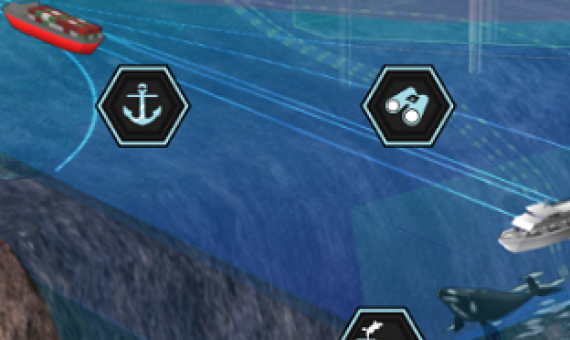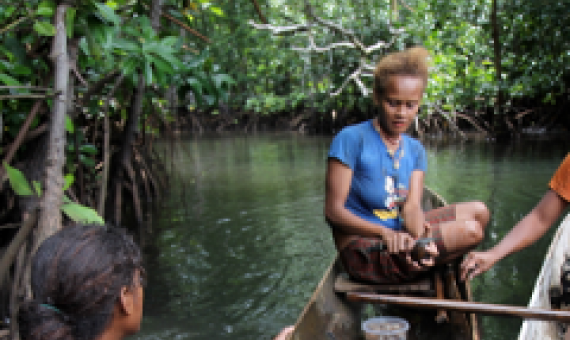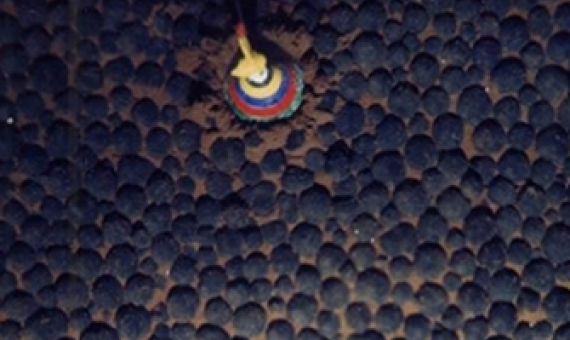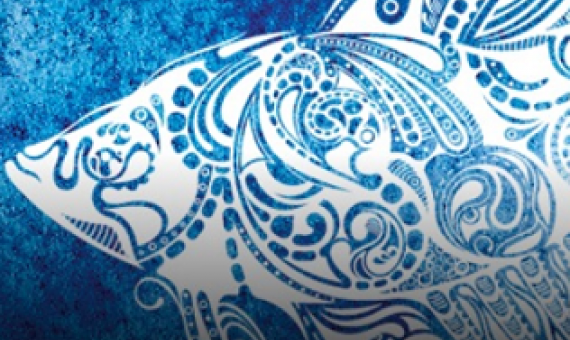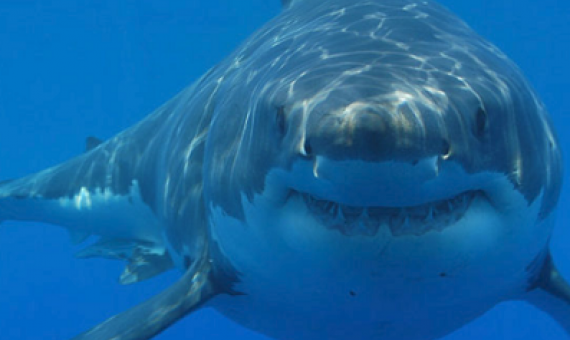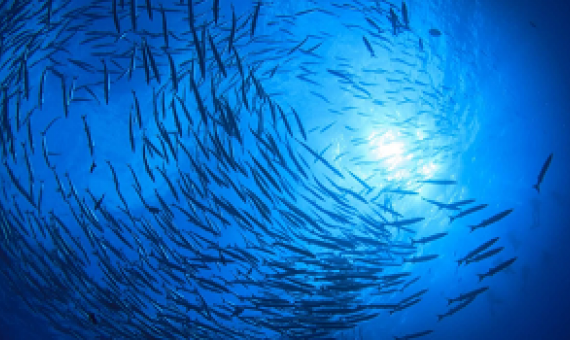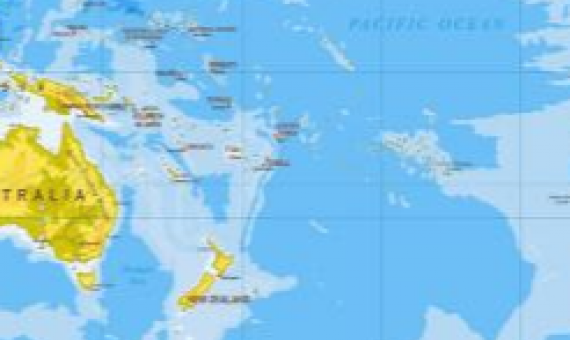...the marine environment (temperature, pressure, salinity, light, nutrients, oxygen, currents, physical structures, etc.) and the species that inhabit it vary dramatically with depth.
Pacific officials preparing for a major international meeting on the international treaty on the high seas must remember that they negotiate on behalf of the people of the Blue Pacific who greatly depend upon the ocean and its resources, says Pacific Ocean Commissioner Dame Meg Taylor.
Why incorporating gender perspectives into ocean conservation and management isn’t just the right thing to do for gender equity – it’s the right thing to do for ocean conservation and management. Click on the link below to read the full article.
A new Commonwealth paper examines who should be held responsible if deep-sea mining in international waters causes environmental damage. Click on the link below to read the full article.
Our region also has a total of 346 marine protected areas.
The sixth World Ocean Summit will strive to build greater collaboration across regions and connect the world to new ideas and perspectives.
From Thailand to Alaska, the battle to tap ever-dwindling resources from minerals to fish is spurring new conflicts over who has the right to the treasures of the deep seas. Click on the link below to read the full article.
Information about how marine animals move through the oceans has become vitally important as efforts progress to create a global plan for securing sustainable fish stocks in the high seas. Click on the link below to read the full article.
The Blue Pacific narrative underlies our ownership of our ocean space - Pacific people taking control of our domain, which is critical to managing our ocean resources, biodiversity, ecosystems and data...Click on the link below to read the full article.
Before this study, researchers thought the biggest source of biomass on the seafloor was organic matter—like dead fish and plankton—that floated down. Click on the link below to read the full article.

